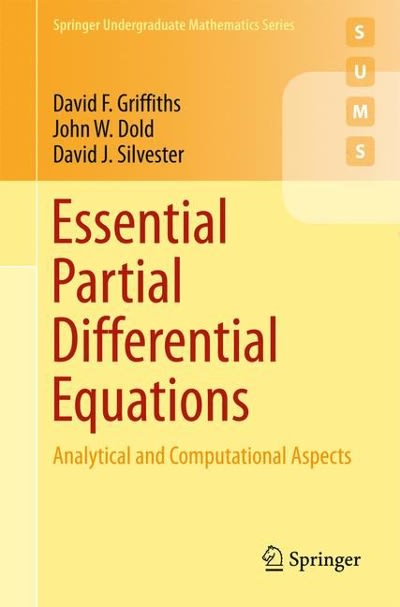Question
Statistics Exercise III: Related-sample t; confidence intervals These weekly exercises provide the opportunity for you to understand and apply statistical methods and analysis. Unless otherwise
Statistics Exercise III: Related-sample t; confidence intervals These weekly exercises provide the opportunity for you to understand and apply statistical methods and analysis. Unless otherwise stated, use 5% (.05) as your alpha level (cutoff for statistical significance). #1.For each example, state whether the one-sample, two-independent-sample, or related-samplesttest is most appropriate. If it is a related-samplesttest, indicate whether the test is a repeated-measures design or a matched-pairs design.
- A professor tests whether students sitting in the front row score higher on an exam than students sitting in the back row.
- A graduate student selects a sample of 25 participants to test whether the average time students attend to a task is greater than 30 minutes.
- A researcher matches right-handed and left-handed siblings to test whether right-handed siblings express greater emotional intelligence than left-handed siblings.
- A principal at a local school wants to know how much students gain from being in an honors class. He gives students in an honors English class a test prior to the school year and again at the end of the school year to measure how much students learned during the year.
#2.
- A random sample of 25 professional basketball players shows a mean height of 6 feet, 5 inches with a 95% confidence interval of 0.4 inches. Explain what this indicates.
- If the sample were smaller, would the confidence interval become smaller or larger? Explain.
- If you wanted a higher level of confidence (99%) would the confidence interval become smaller or larger? Explain.
UseSPSSand the data file found in syllabus resources (DATA540.SAV) to answer the following questions. Round your answers to the nearest dollar, percentage point, or whole number. #3. Test to see if there is a significant difference between the age of the participant and the age of the partner. Use a paired-sample t-test and an alpha level of 1%. How would you interpret the results of this test? a. The partners are significantly older than the participants. b. The partners are significantly younger than the participants. c. The age of the participants and partners are not significantly different. d. Sometimes the partners are older, sometimes the participants are older. #4. What is the 95% confidence interval for the difference between participant and partner age?
- The partner is from .60 to 1.76 years older than the participant
- The participant is from .60 to 1.76 years older than the partner
- The partner is from 5.88 to 9.45 years older than the participant
- The participant is from 5.88 to 9.45 years older than the partner
Step by Step Solution
There are 3 Steps involved in it
Step: 1
1 Determine the Appropriate Test 1 A professor tests whether students sitting in the front row score higher on an exam than students sitting in the back row Test Type Twoindependentsample ttest Reason ...
Get Instant Access to Expert-Tailored Solutions
See step-by-step solutions with expert insights and AI powered tools for academic success
Step: 2

Step: 3

Ace Your Homework with AI
Get the answers you need in no time with our AI-driven, step-by-step assistance
Get Started


